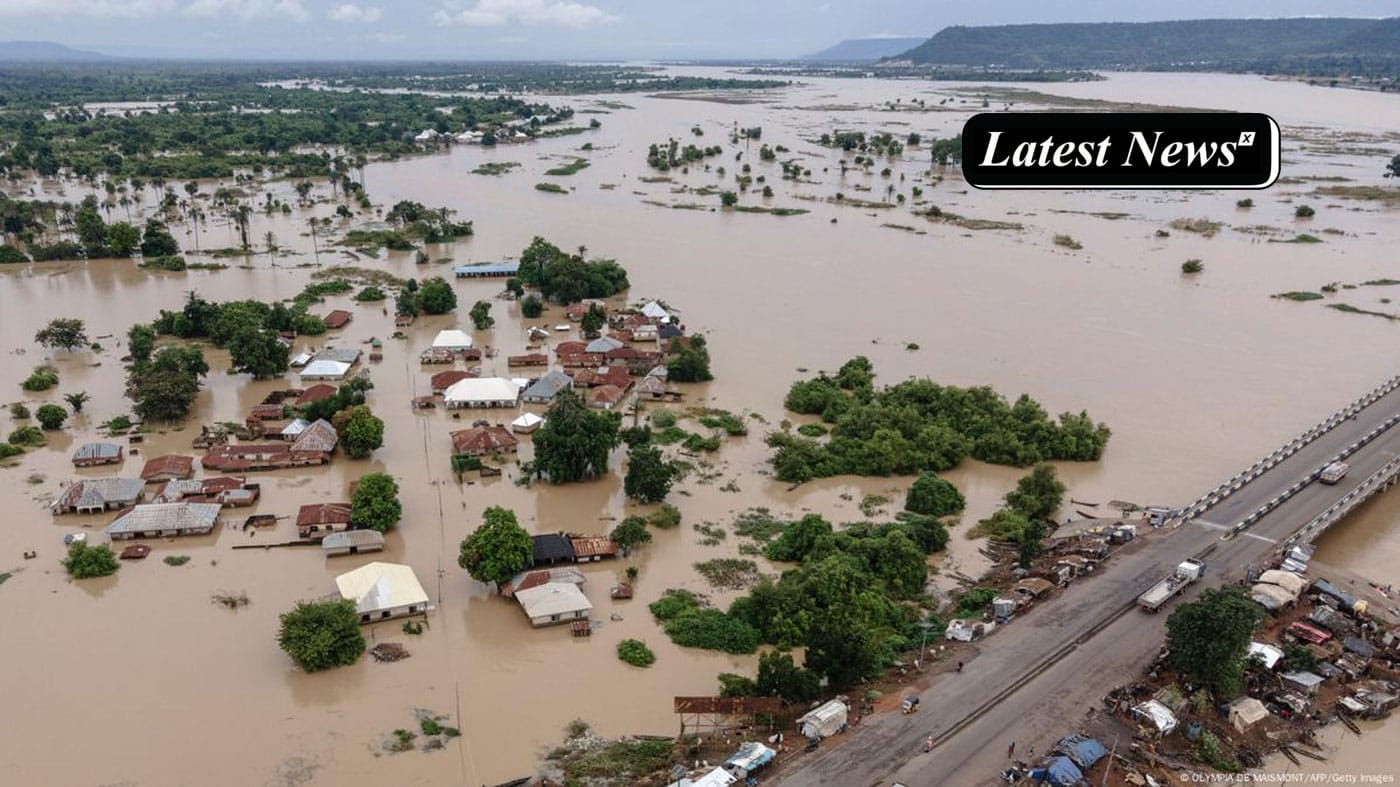In one of the deadliest floods in recent history, over 200 people have been confirmed dead and more than 1,000 are still missing in Nigeria’s north-central Niger State. The flood, caused by heavy rains that hit the area last week, has devastated communities—especially Mokwa, a busy farming and market town. Homes were completely submerged, families were torn apart, and lives were changed forever.
If you’ve ever experienced flash floods or seen the aftermath of Hurricane Katrina or Harvey, you’ll understand the kind of chaos and heartbreak folks in Nigeria are going through right now.
What Happened in Mokwa, Nigeria?
It all started on Wednesday night when torrential rain pounded the region. Locals say the storm didn’t just bring water—it brought destruction. In a matter of hours, homes were washed away, and bridges collapsed, leaving residents stranded or swept away.
According to Yakubu Garba, the Deputy Governor of Niger State, more than 3,000 people have been displaced. He also revealed that more than 1,000 people are still unaccounted for—a staggering number that has left families clinging to hope.
“We don’t know where they are. These people were swept away by floodwaters. We’ve gone house to house, and the number of people missing is shocking,” Garba told reporters on Monday.
Devastating Impact on Homes and Infrastructure
This wasn’t just a small flood. Over 2,000 buildings have been affected, and the region’s infrastructure is in shambles. Three major bridges have collapsed, and several roads are completely impassable. Relief agencies say more than 500 households have been hit hard. Entire communities are now living in temporary shelters, waiting for help.
Ibrahim Hussaini, spokesperson for the Niger State Emergency Management Agency, confirmed that local divers and volunteers are still searching for missing people, combing through debris and dangerous floodwaters.
Could a Dam Have Made It Worse?
Some residents suspect that a nearby dam may have released water during the storm, making the flooding even worse. While officials haven’t confirmed this yet, it’s a serious concern that could spark deeper investigations.
Amina Yahaya, a resident from a neighboring town, told local media that many families have been completely wiped out. Survivors are sharing heartbreaking stories of losing loved ones in the blink of an eye.
“The situation is very tragic,” she said. “People are trying to pick up the pieces, but the damage is just too much.”
Why Is Nigeria Flooding So Often?
Flooding in Nigeria isn’t new. It happens almost every rainy season, which runs from March through October. But this year, it’s hitting harder and earlier than usual. Local experts blame a mix of poor infrastructure, blocked drainage systems, and—you guessed it—climate change.
Rising global temperatures have made rainfall more erratic and intense. In Nigeria, this means more rain falling faster than the ground can handle. Think of it like a sponge that’s already soaked—it can’t take in any more water, so it just spills over.
Government Calls for Action on Climate Resilience
The National Emergency Management Agency (NEMA) has called for stronger flood defenses. They’re urging local and federal governments to invest in better drainage systems, stronger dams, and flood-proof buildings—especially in regions like Mokwa that are hit hardest.
we know the importance of being ready for natural disasters. After hurricanes, wildfires, and tornadoes, we’ve learned that preparation is everything. The same is true for Nigeria.



